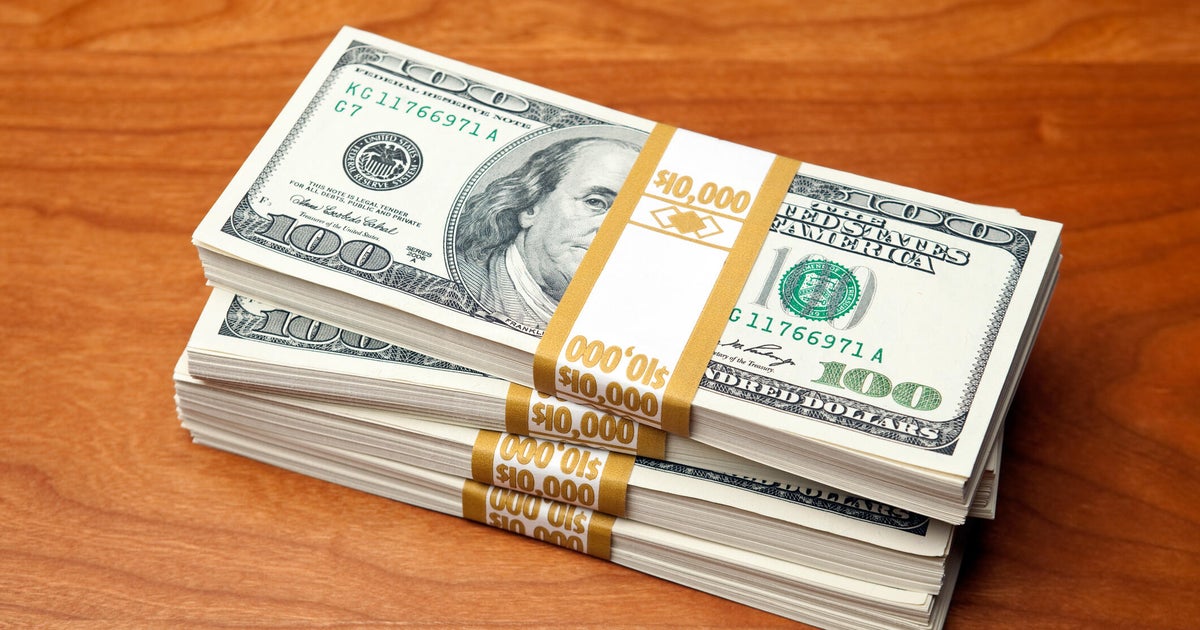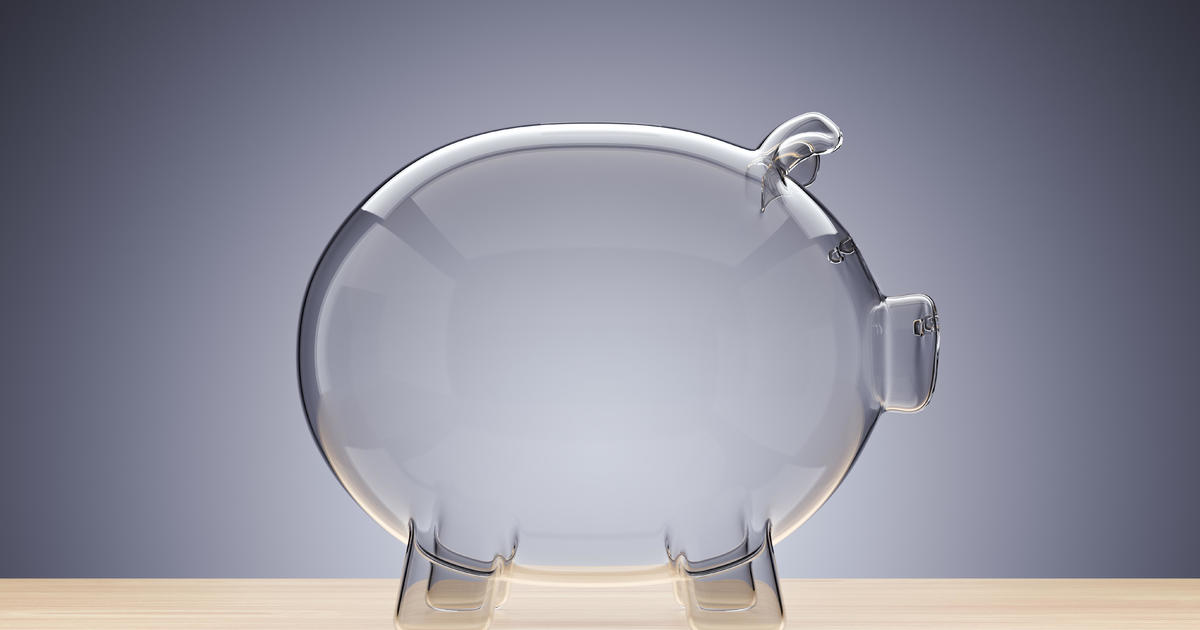Don't buy a home without doing this first
If you think you're shelling out a lot of money on rent, you're probably right. Renters are spending an average of $2,000 more to keep a roof over their heads in 2017 than in a similar period.
Yet while renting a home has continued to get pricier, homeowners have seen the opposite trend. They're spending less of their income on house payments -- to the tune of about $3,300 per year on average -- than they did just before the housing crash.
It's enough to make renters run to their nearest realtor. Before you start house-hunting, however, some planning is order.
Build your budget
First, it's important to do a comprehensive financial review to figure out how much house you can afford. If you haven't started saving for a down payment yet or you have high-interest credit card debt, you'll have to figure out how to deal with those issues.
"Cash flow is a big one -- if they are struggling now and they are going to end up buying a home, that may be more money than they are paying in rent. There are more variable expenses [for homeowners]. ... What I tell people is, the most you are going to pay when you are renting is rent. When you are paying your mortgage, that is the least you are going to pay," financial planner Eric Roberge told CBS MoneyWatch.
Many financial pros advice keeping your mortgage payments to less than than 28 percent of your gross income. Your debt-to-income ratio, including credit cards, mortgage loans and other debt, should be under 36 percent.
"See where the income and the outflows go," financial adviser Ryan Bayonnet said.
And how much house can you can afford? In general, the price of a home shouldn't exceed three to five times your annual earnings. "You can always buy a bigger house, you can upgrade," he added.
How to be prepared
Plan to apply for a mortgage loan? Check your credit score and credit report ahead of time so there are no unpleasant surprises, like an unpaid medical bill that could prevent you from qualifying. Being in the best financial shape possible before applying for a lona could mean saving thousands of dollars in interest rate payments -- or getting a mortgage at all.
Getting a mortgage amounts to presenting a lender with your financial resume, including pay stubs, tax returns and credit scores. In addition to looking at your financial background, the lender will also take into account the "loan to value ratio " -- the loan amount compared with the market value of the home -- and what percentage of the home's value you will be purchasing with your down payment.
Be aware: If your credit score is below 640, you likely won't qualify for a traditional mortgage loan. But there are options for those whose credit isn't pristine. If you have a score above 580, you may qualify for an FHA-insured loan along with a down payment as low as 3.5 percent. And if your score is between 500 and 580, taking into account other factors such as outstanding debt and income, you may be able to qualify with a 10 percent down payment.
Coming to the table with a pre-approved mortgage loan and the paperwork to prove you can purchase the home often works in your favor.
"You want the seller to know that you have the ability to purchase," said Collin Bond, a broker at real estate firm Triplemint. "When you are negotiating the price, you want the only variable to be the price. If you come in and you are a shaky buyer, then that becomes a variable."
It almost goes without saying, but if you are working with a broker, be sure that person is reputable and that he or she is familiar with the neighborhood or area where you're hoping to buy.
"Make sure they have experience within the price point where you are looking. One of the most important things a broker brings to the table is their ability to put together a good team of people," Bond said. "Have them work you through the purchase process."
Understand the costs
There are multiple costs associated with buying a home, like paying for an appraisal to make sure the home is being fairly valued, or having an engineer do an inspection to make sure there are no structural issues. In addition, lawyer and broker fees can add up.
Also account for annual property taxes and maintenance costs -- most experts recommend having at least three months of expenses saved in an emergency fund before buying a house. Otherwise, a major expense may result in taking on high interest debt to pay it.
"If you have no money to put in a savings account to maintain this house, you are going to have trouble for sure," Kelly Figueroa, a housing counselor at GreenPath, a financial advisory firm, told CBS MoneyWatch. "What we recommend is that at least you are able to put away between 1 to 2 percent of the value of your home every year. If you are doing a $100. 000 purchase, you are doing $2,000 a year just on savings for this account."



